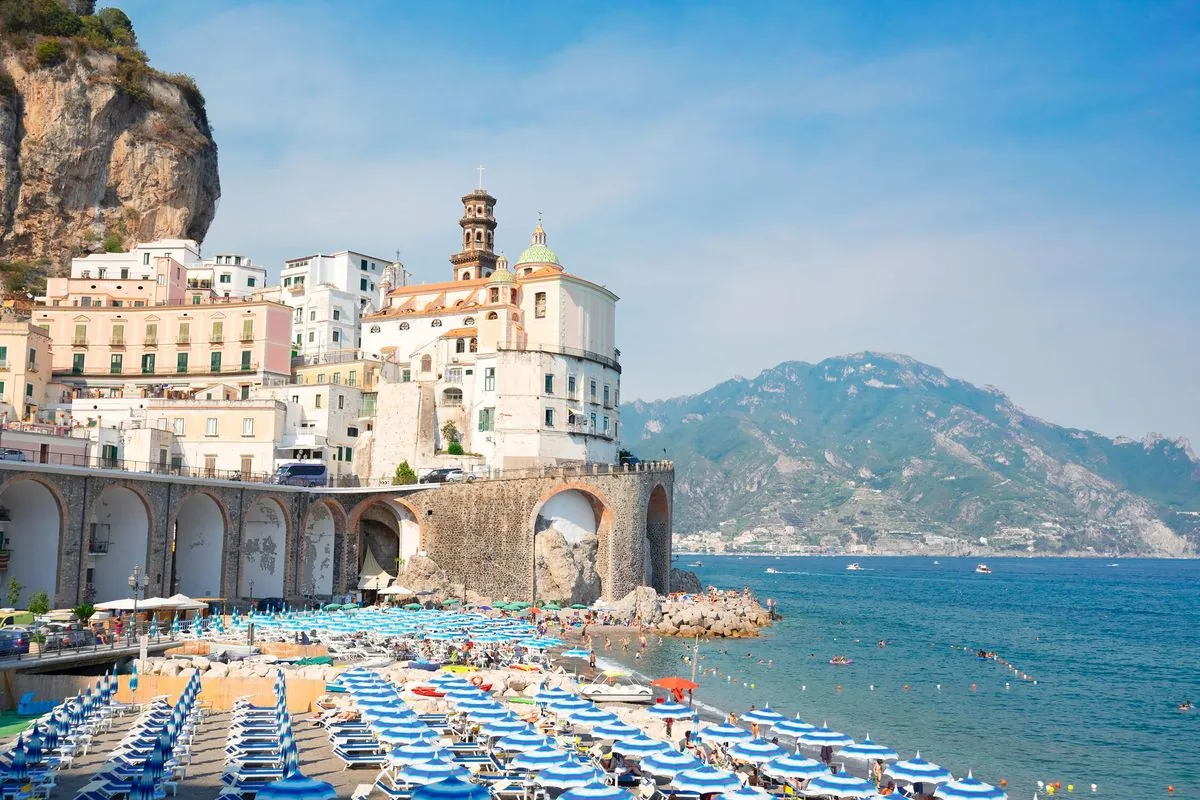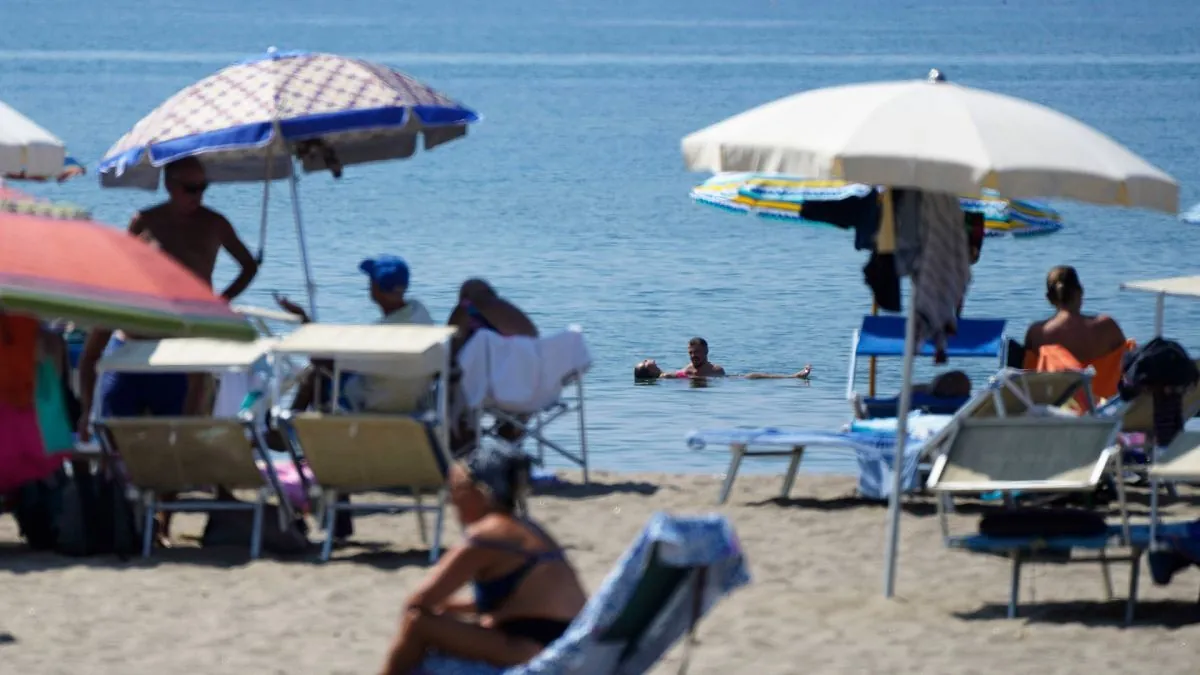Italian Beach Managers Protest Government Inaction on EU Dispute
Italian beach club operators staged a symbolic protest against the government's failure to resolve a long-standing dispute with the EU over beach license tenders, highlighting tensions between tradition and competition.

On August 9, 2024, Italian beach managers, known as balneari, conducted a symbolic protest against their government's inability to resolve a prolonged dispute with the European Union. The conflict centers on opening up the lucrative beach management sector to outside competition.
The protest involved beach clubs opening two hours later than usual, at 9:30 a.m., with umbrellas remaining closed during the morning hours. This "gentle strike," as described by Antonio Capacchione, president of a major union representing license holders, reportedly received "massive support" across the country.

At the heart of the issue lies Italy's traditional system of beach licenses, which has been a point of contention with the EU for nearly two decades. In 2006, the European Union mandated that Italy's approximately 28,000 beach licenses be subject to public tender. However, successive Italian governments have consistently delayed implementing this directive, despite pressure from Brussels.
The matter has gained renewed urgency as beach concessions expired at the end of 2023, with a deadline to reassign them through public tenders by the end of 2024. This situation has put Prime Minister Giorgia Meloni's nationalist coalition in a difficult position, as they have aligned themselves with the beach club managers, arguing that increased competition might lead to higher prices and erode local traditions.
The economic significance of Italy's beach club industry is substantial. In 2023, these establishments generated a total revenue of 2.1 billion euros. However, the government's income from license concessions is comparatively low, averaging 102 million euros annually between 2016 and 2020.
"We were expecting (something in print) before the holidays to have a rough idea of our future, but nothing. My colleagues (are beginning) to lose faith in this government."
The beach license system in Italy has traditionally been family-controlled, with licenses passed down through generations. This practice has led to criticism from rival entrepreneurs who claim they have been unfairly excluded from a major business opportunity. Tourists visiting Italy's 7,500 km coastline can expect to pay more than 30 euros a day for beach amenities such as loungers and umbrellas.
The ongoing dispute highlights the challenge of balancing EU competition rules with local traditions and economic interests. Italy's top administrative court has ruled in favor of liberalizing the sector, yet the government continues to struggle with implementing changes. As talks with Brussels persist, Italy faces the risk of fines for non-compliance with EU regulations.
As the summer season progresses, the unresolved beach license issue remains a contentious topic, underscoring the complex relationship between national policies and EU directives in the tourism sector.


































